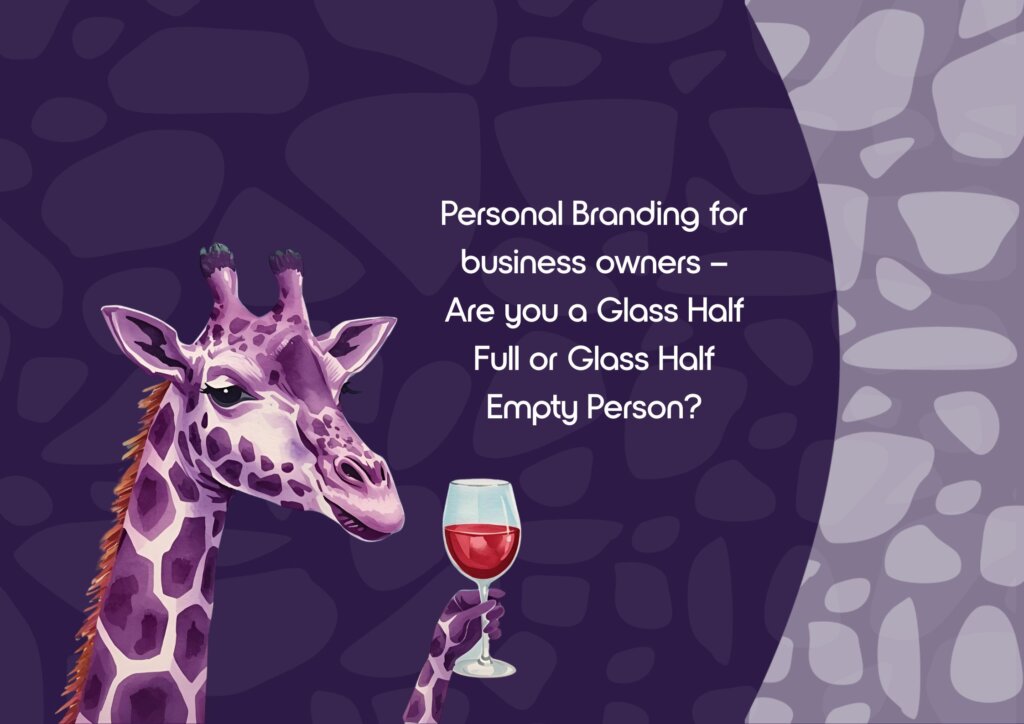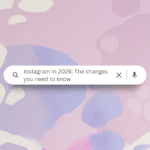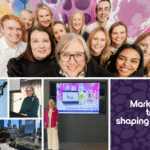When people talk about perspective and personal branding, one phrase often comes up — “Are you a glass half full or glass half empty person?”
Traditionally, the optimist sees the glass as half full, while the pessimist sees it as half empty. But when it comes to personal branding and how you show up as a business owner, this simple question can reveal a lot more than just your outlook — it can define how others experience your brand.
Attitude Shapes Your Brand
Whether you realise it or not, your attitude is your personal brand in action. It influences the way you communicate, lead, make decisions, and handle challenges. Your mindset impacts not only how others perceive you but also your energy, confidence, and business growth.
A glass-half-full approach reflects positivity, adaptability, and resilience — traits that draw people in and inspire trust. A glass-half-empty mindset, on the other hand, often focuses on problems rather than solutions, creating friction between you and your audience.
In a digital-first world where your presence extends far beyond face-to-face interactions, how you think and respond shapes how your brand is felt — online and off.
Why Personal Branding Matters More Than Ever
Your personal brand is the story people tell about you when you’re not in the room — or when they search your name online. It’s how you show up on social media, in your emails, on your website, and in every professional conversation.
For business owners, personal branding isn’t a vanity exercise — it’s a marketing strategy. People do business with people they trust, and your personal brand is the bridge between visibility and credibility.
Whether through traditional Search Engine Optimisation (SEO) or emerging Generative Engine Optimisation (GEO) — the optimisation of content for AI-driven discovery platforms like ChatGPT, Gemini, and Copilot — your digital footprint should clearly reflect who you are, what you stand for, and how you add value.
The Power of Attitude in Personal Branding
Your attitude drives perception — and perception drives trust.
- A glass-half-full brand sees challenges as opportunities, communicates with optimism, and takes accountability. You approach setbacks with curiosity and adaptability, turning roadblocks into growth.
- A glass-half-empty brand, however, is reactive, defensive, or inconsistent. It focuses on problems, blames circumstances, and risks alienating audiences who crave authenticity and connection.
When you’re aware of your mindset and how it translates into your tone, messaging, and decision-making, your personal brand becomes stronger, more grounded, and more magnetic.
Key Characteristics of a Strong Personal Brand
If you want to build a personal brand that resonates, inspires trust, and stands the test of time, focus on developing these key traits:
1. Clarity
Be clear about who you are, what you do, and why you do it. Define your purpose and make it easy for others to understand the value you bring. Clarity builds confidence — in yourself and in your audience.
2. Authenticity
Authenticity is non-negotiable. People can spot insincerity instantly. Align your values with your actions, and don’t be afraid to show your human side. Vulnerability, when genuine, makes you relatable — and relatability builds connection.
3. Tone and Presence
Your tone sets the mood for your brand. Are you assertive, thoughtful, energetic, or calm? Consistency in tone — both written and verbal — helps people recognise you. Let your personality come through, but always stay aligned with your core values.
4. Emotional Connection
Facts tell, but feelings sell. The most influential personal brands make people feel something. Ask yourself, “How do I want people to feel when they experience my brand?” Your emotional impact is your most memorable differentiator.
5. Competence and Confidence
Being competent isn’t about perfection; it’s about accountability. Own your expertise and your mistakes in equal measure. How you respond to challenges demonstrates your true capability — and builds credibility in your brand.
6. Consistency
Consistency builds trust. When your words, actions, and visual identity align, people know what to expect from you. Regular posting, steady communication, and consistent delivery all reinforce reliability — a key ingredient in trust-building.
7. Creativity
Creativity gives your brand its edge. It’s not just how you design your logo or write your bio; it’s how you approach problems and opportunities differently. Be innovative in how you express your story — across your website, social media, and every digital touchpoint.
8. Courage
Authenticity requires courage. Being transparent about your journey — the wins and the lessons — humanises your brand. People don’t connect with perfection; they connect with honesty. Courage to show up as yourself is what turns a personal brand into a powerful one.
9. Character
Your brand begins and ends with character. It’s how you treat people when no one is watching, and how you show up when things don’t go to plan. Your reputation is built over time, and your attitude — whether glass half full or half empty — determines its strength.
Personal Branding in the Age of AI and GEO
In today’s digital world, personal branding is about visibility with authenticity. AI-driven platforms are becoming key players in how people discover professionals, services, and expertise.
This means your content — whether blog posts, videos, or social updates — should not only be SEO-friendly but GEO-ready:
- Create content that answers real questions your audience is asking.
- Use conversational, human language that reflects how people (and AI) communicate.
- Showcase original insight — authenticity and expertise help AI engines surface your content as credible.
The more consistent and trustworthy your digital footprint, the more likely you are to appear in AI-generated search results — giving your personal brand reach beyond traditional search.
Final Thoughts: Your Mindset Is Your Message
Being a glass-half-full person doesn’t mean ignoring challenges — it means approaching them with curiosity, confidence, and optimism. That mindset is at the core of every strong personal brand.
When you align who you are with how you communicate and what you believe in, your brand becomes more than marketing — it becomes meaningful.
So, ask yourself: Is your personal brand reflecting optimism, authenticity, and purpose?







